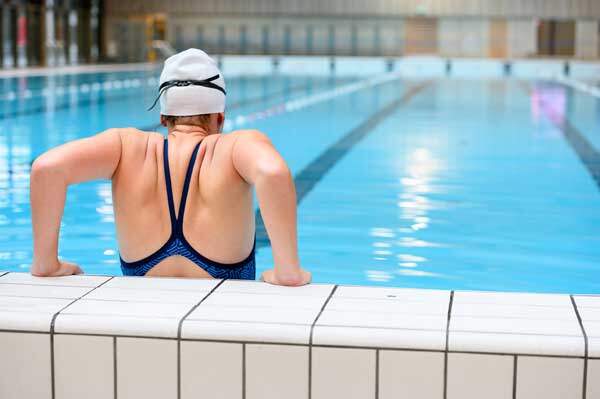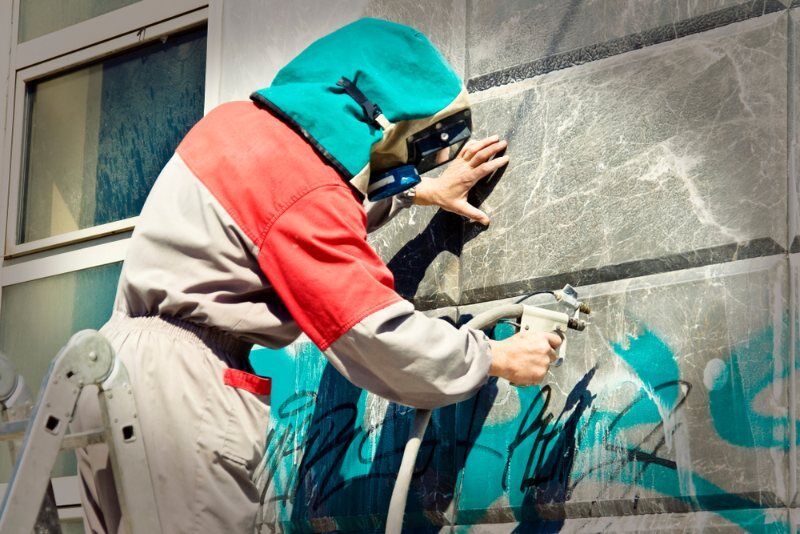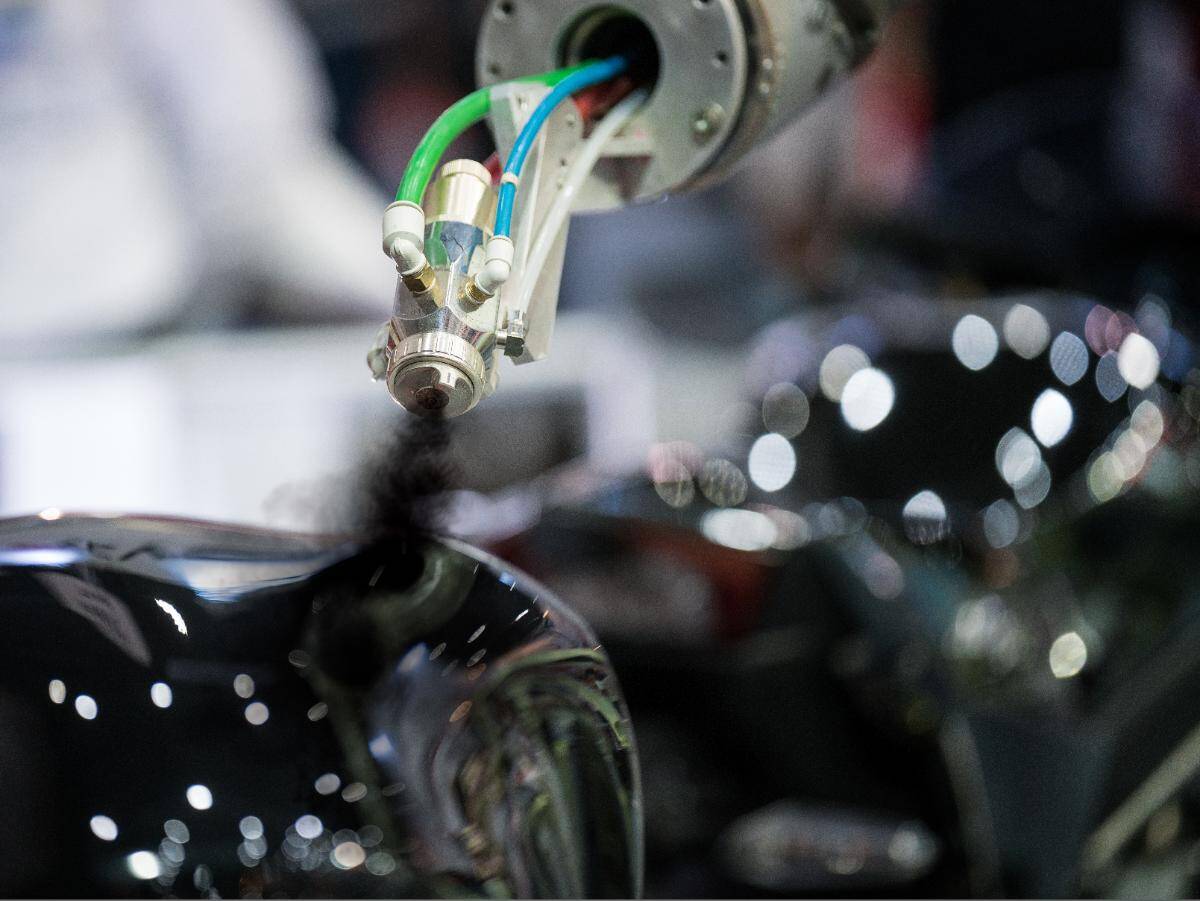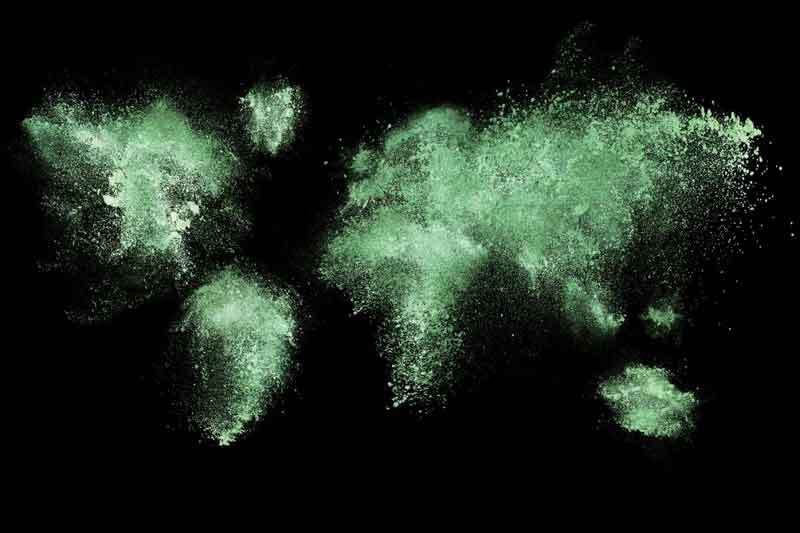Pool coatings for public swimming pools

Concrete pool coating
Most public pools are made with concrete. And for good reason; concrete is the most durable option for a high-use pool. Concrete has an incredibly long lifespan. It is also relatively inexpensive for the size of public pools. But concrete does have its drawbacks. For example, concrete is porous and not waterproof. In addition, concrete is not visually appealing and uncoated concrete is difficult to clean. In addition, without coating, the concrete will deteriorate resulting in concrete damage and concrete rot. Physical factors such as heat, heat exchanges and moisture will affect the concrete. So will chemical factors, such as alkalis, salts and acids. And biological factors, such as algae, mosses, fungi and microorganisms, will affect the concrete. Concrete is an ideal base for a public pool, at least if the concrete is treated. Using the right coating is essential to benefit from the longevity of the concrete as well. The coating should not only make the pool waterproof, but it should also last for years and not degrade from exposure to UV light. Replacing the coating layer of a pool is quite an exercise. A good pool coating will prevent premature maintenance.
Multiple coating layers in Public Pools
Most public pools use multiple layers of coating. The first layer is the primer, which prevents water from soaking into the concrete, making it waterproof, but also protecting the concrete from deterioration from pool chemicals and UV light. In addition, the finish varies from pool to pool. Public pools are often finished with a top layer of plaster, which is finished with a coating that may contain different colors. The pigments in the coating provide the bright color of the pool, and the colored coating can also be used to apply lines. This is essential if the pool is also used for competitions. Another common finish for public pools is the use of tiles. These tiles are grouted. Again, grout is not inherently waterproof. In addition, grout is vulnerable to chlorine and chemicals if not treated with a coating. If a tile base is chosen, a coating is also required to finish it. A third common finish for a concrete pool is the use of a polyester. Polyester has the advantage of being a softer material than tiles or treated concrete. It is adaptable in shape and has some insulation. On the other hand, polyester is vulnerable to cracking or osmosis. Using a topcoat over the polyester can prevent osmeosis and keep the polyester looking like new.
Pool coating properties
The coating top layer of a public swimming pool should have the following properties
- Resistant to chemicals used in the pool
- Resistant to deterioration from oils and sunburn
- The coating must be UV resistant, especially for outdoor pools, and must not yellow
- The coating must be abrasion resistant
- The coating must be slip resistant, especially in areas that are walked on
- It must be resistant to varying temperatures
- It must have a long life span
- The pool must be easy to clean
- The coating must prevent bacteria and micro-organisms from adhering to the floor and walls
- The coating must be seamless to prevent leaks at transitions such as corners and stairs
- The coating must comply with applicable standards, laws and regulations for public swimming pools
- The coating must be repairable over time
- In the event of expansion or modification, it must be possible to connect to the existing coating
The most commonly used coatings for public swimming pools
In most public swimming pools, multiple coatings are applied. At least a topcoat or primer for the concrete, and a base coating. Some of the most common base coatings used in public pools are:
Epoxy coatings
Epoxy coatings are the most popular choice for commercial swimming pools because of their durability and resistance to chemical damage. They are often used as base coat and top coat for pool surfaces. Epoxy coatings are most commonly used for indoor pools. With an epoxy coating, lining can also be included. However, an epoxy coating has the disadvantage of being less adaptable if the concrete begins to crack. Especially for new pools where the concrete may begin to work, epoxy is less advisable. In this case, a polyurethane coating can be chosen.
Polyurethane coatings
Polyurethane coatings are also a popular choice for commercial pools. Known for their durability, they are resistant to UV light, fading and damage from pool chemicals. They are often used in combination with epoxy coatings.
Chlorinated rubber coatings
Chlorinated rubber coatings are another option for commercial pools. They are known for their chemical resistance and durability, but are not as popular as epoxy or polyurethane coatings. Chlorinated rubber pool coatings are less suitable for public pools than for residential pools. This is because chlorinated rubber is less resistant to grease and oil. In addition to the most commonly used base coatings listed above, there are several coatings that are used as finishes and have specific properties. Some examples are:
Tile coatings
Tile coatings are used to seal the grout between tiles and protect them from water damage. They are often used in conjunction with other types of coatings to provide additional protection to the pool surface.
Anti-slip coatings
To make decking less slippery and prevent slipping, a separate layer of anti-slip coating can be added, or the coating chosen for the final finish can be made anti-slip. Various degrees of anti-slip coatings are available.
UV coatings
Especially for outdoor pools, an additional coating is often applied to make the pool even more resistant to UV radiation.
Which coating is best for your type of pool?
If you are responsible for building or renovating a public pool, you want to use the best coating for your situation. Not every pool coating can be applied to every type of surface. Choosing the wrong coatings can be disastrous and costly. In addition, there are numerous coatings that are suitable for finishing, but these coatings do not always work well together. What are the best coatings for the pool you are building or renovating? adhesives+coatings offers several types of swimming pool coatings, which can be customized for you if necessary. Also if you are looking for coatings for water basins, water storage, water buffers, or coatings for storage of other liquids, we can help you find the right coating(s) for your project. Contact us to discuss the possibilities.
What solution are you looking for?
We are specialized in the pool coatings for public swimming pools. Need the best products or advice? Then please leave your details and we will get in touch.


